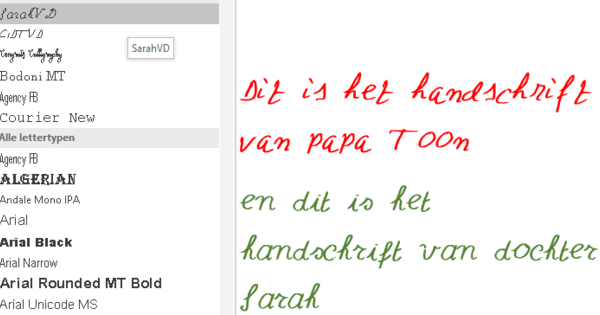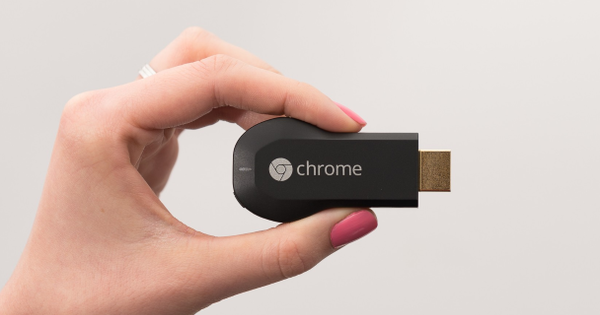With a household book you can list all your income and expenses, so that it is always clear where your money is. Of course you no longer do that by hand, handy digital household books have been devised for that. We have extensively tested the 6 best household books for you.
Nowadays it is very common to have insight into your financial situation at any time. Thanks to online banking, you can even see on your phone, for example, how much money is left in your account while you are on the road, and when you make a purchase, the amount is debited from the account almost immediately. Also read: Organize your finances on the iPad in 12 steps.
If something is not right, you will quickly find out and it can be corrected. This does not alter the fact that a digital household book is still useful. But how does a household book like this work, what's in it for you and what are the most useful ones?
Insight into past and future
You mainly use online banking to see the current balance, to request the most recent changes and to transfer money. A housekeeping book goes a step further by offering you an overview and insight, because all income and expenses are neatly categorized. This way you can see what you are spending your money on and that can lead to surprising conclusions.
For example, are the groceries really that expensive, do you perhaps buy too much clothes or do you eat out too often in overpriced restaurants? So you can learn from the past. In addition, you can often indicate which fixed costs and expenses are still to come, so that you know at an early stage what expensive and cheap months are and you can better anticipate them.
Import and categorize
How do you get started with a household book? Everything revolves around the transaction details of your bank account. Via online banking you periodically retrieve a transaction file and save it in a folder on your computer. This can be once a month, every week, daily, or just at a time that suits you best. A few years ago it was quite common to import your transaction data directly from the housekeeping book, but banks no longer offer that link option for security reasons. This means that you have to manually retrieve transaction files via the browser, after which you can import them into the software.
Then your data can be categorized. This means that supermarket visits neatly in the category Groceries come up, a refuel or your new summer tires Car and your favorite computer magazine below Subscription. The more transactions automatically end up in the right category, the less work you have to do and the more valuable the household book becomes.
Classification Rules
Transactions are assigned to categories via so-called import or classification rules. By analyzing account numbers or the description, for example, it is determined in which category transactions belong. Most household books already have a whole set of these kinds of rules as standard, so that many transactions are classified automatically and you do not have to do all this manually. You can also create your own classification rules. You can still correct transactions that have ended up in the wrong category or transactions that are not recognized and therefore not assigned to a category.
Especially if you have just started your household book, it is essential that you pay a lot of attention to this. After all, you have to get the data right before you can extract meaningful information from it.
Budgets and budgets
If the majority of the transactions are in the right category, you can quickly and easily see how much money you have spent on groceries, insurance, clothing, subscriptions, training, the holiday or your car. You can then use this insight to spend your money differently or better.
To make this even easier, you can often work with budgets. You then indicate per category how much you want to spend monthly, so that you can immediately see after each period whether and how much you are staying under or over budget. To gain insight into future expenses, you can often also make budgets, so that you know what to expect in the longer term. You then see what your expensive and cheap months are.
Armed with that knowledge, you can schedule a major purchase or book an expensive vacation at the most appropriate time and you will be less likely to get into financial difficulties.
Qualifying Round
There are many online and offline household books. Of the more than fifty specimens we found, about twenty-five were worthy of further investigation. Through a strict pre-selection and pre-test, we then arrived at the six most interesting household books and we put them to the test.
We have looked closely at the reliability of the import and the possibilities you have to categorize transactions quickly and efficiently. After all, that's what the engine is all about. Furthermore, a household book must look attractive and well-arranged, be easy to operate, offer sufficient functionality and - not unimportant in our rapidly changing world - have kept up with the times.

